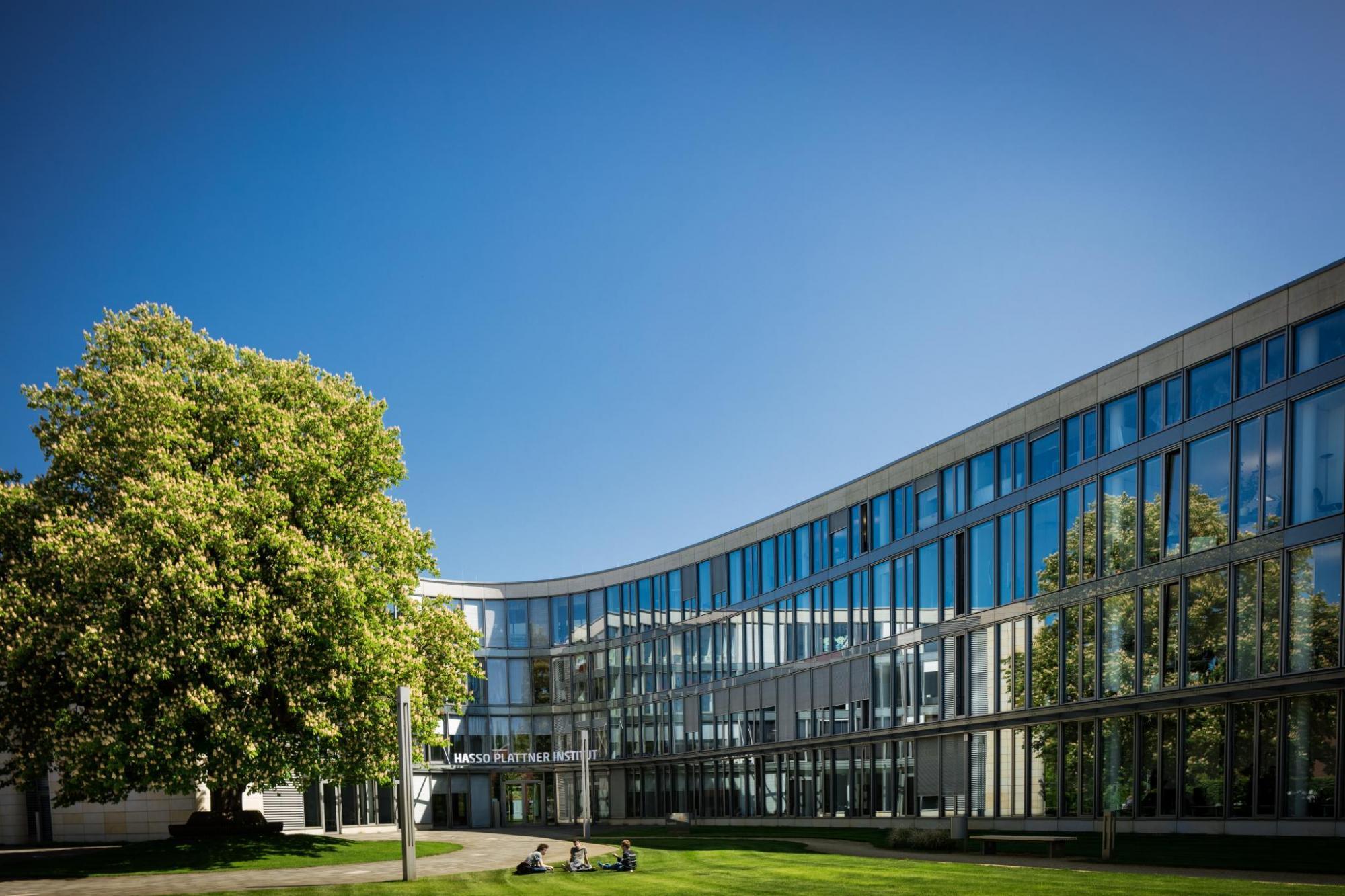Students from Potsdam and leading global partner universities tackle design innovation challenges posed by global corporations. The course is focused on the application of IT knowledge for engineering solutions to real business challenges. Further, we put emphasis on teaching students human-centered innovation methods and processes required for designers, engineers, and project managers of the future.
Within the projects, students go through an intense and iterative process of need finding, ideation, and rapid prototyping to create and evaluate new concepts. Company involvement provides the reality check necessary for teams to improve their innovation abilities. The team is supported by a professional coach, corporate liaisons, and faculty advisors.
Projects typically involve systems integration and include a mix of mechanical, electronic and software design. The results of all projects are real prototypes that have a user-centric design, are economically viable and technically feasible. For more information, watch the explanation of Prof. Larry Leifer on Tele Task.

